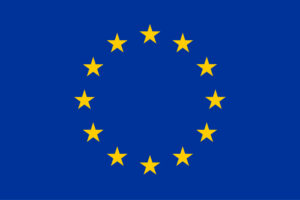HELIOS is a H2020 funded project that stands for “High-pErformance moduLar battery packs for sustaInable urban electrOmobility Services“. The project aims at developing and integrating innovative materials, designs, technologies and processes to create a new concept of smart, modular and scalable battery pack for a wide range of electric vehicles used in urban electromobility services, from mid-size electric vehicles to electric buses, with improved performance, energy density, safety, lifetime and LCoS (Levelized Cost of Storage).
These combined approaches enable:
- increase energy and power density;
- enhance key characteristics like ultrahigh power charging;
- improve safety;
- improve E fleet control and health management strategies to extend lifetime;
- create optimised EV charge and discharge procedures and predictive maintenance schedules;
- monitor SOC (State of Charge), SOH (State of Health) and carbon footprint for each battery pack throughout its entire life cycle, which allows an effective integrated supply chain for the manufacture, reuse and recycling of Li-ion battery packs to be established;
- improve battery pack design and performance with reduced LCoS, based on a circular economy approach where the modular battery packs can be easily re-used in a range of 2nd life applications prior to EoL recycling and ix) assessment of HELIOS solution effectiveness in different urban electromobility models such as car-fleets and e-bus fleets.
The project has a total budget of ca. 10M€ and will run for 4 years. The kick-off meeting was held online from January the 11-15th, 2021. The consortium is formed by 18 European partners including Aarhus University (leader), IREC, IDNEO, UPC or KNEIA SL.
Two groups at IREC (Power Systems and Energy Systems Analytics groups) have a key role on power electronics development, control and communication as well as a leadership on the LCA/LCC analysis and 2nd life applications validation, and participation on urban fleets optimization.
Link to cordis: https://cordis.europa.eu/project/id/963646
This project has received funding from the European Union’s H2020 research and innovation programme under grant agreement number 963646.




